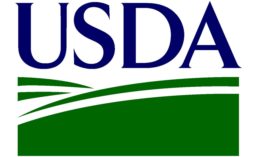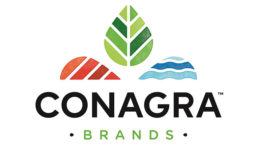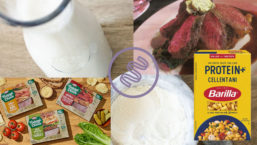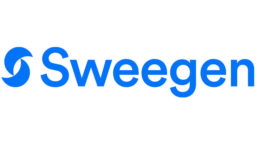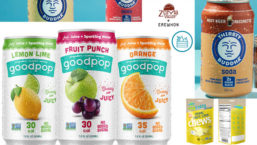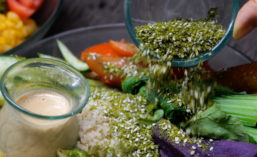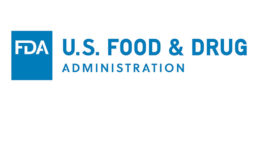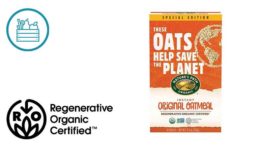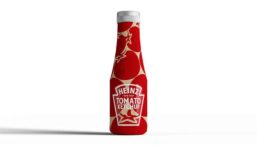Home » food labeling
Articles Tagged with ''food labeling''
New guidelines aim to help consumers identify nutritious foods while encouraging manufacturers to reformulate products for better health outcomes
Read More
Should Use of AI be Declared on Food and Beverage Labels?
Consumers believe food and beverage manufacturers should declare if a product has been made with the assistance of artificial intelligence, new research shows
December 20, 2024
Conagra Brands Introduces GLP-1-Friendly Badges on Select Healthy Choice Products
The badge is designed to help consumers easily identify nutritious and convenient options that suit dietary needs
December 18, 2024
Diverse Protein Ingredients Provide Opportunities for Innovation
Traditional animal protein products and sophisticated food technology approaches create increased options for food and beverage product developers
March 20, 2024
Sweegen Takes Stand Against Mislabeling Practices
The company is the primary producer of non-GMO Bestevia® Reb M, made with a proprietary clean bioconversion method
November 27, 2023
Innovation Comes Naturally in Organic Food and Beverage Product Development
Organic product developers showcase R&D prowess in beverage, candy and meal categories
August 16, 2023
Consumers Seek Trust and Reliability in ‘Natural’ Labels
For now, manufacturers and end users interpret and set individual standards for natural product claims
June 13, 2023
FDA Provides Draft Labeling Recommendations for Plant-based Milk Alternatives
The FDA is in the process of developing a draft guidance to address the labeling and naming of other plant-based alternative products
February 24, 2023
What is the Difference Between Regenerative Agriculture and Certified Organic Farming?
Gwendolyn Wyard of the Organic Trade Association helps to define regenerative agriculture and how it differs from organic farming
January 12, 2023
Tracking 2022 Packaging Trends
Processors, Packaging Suppliers Push Sustainable Advances to Reduce Waste
December 14, 2022
